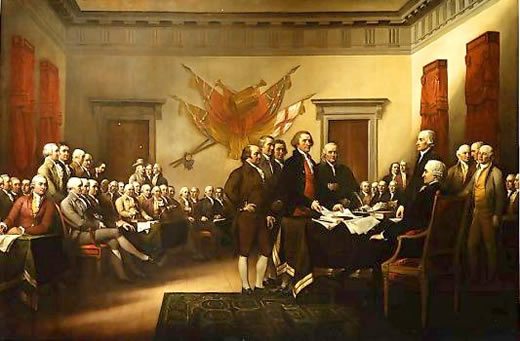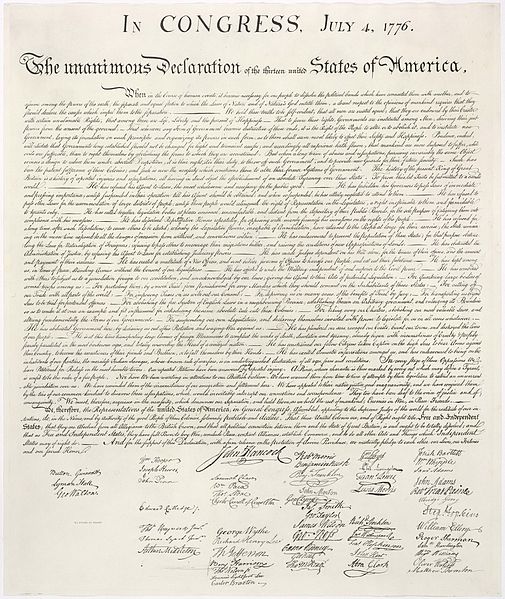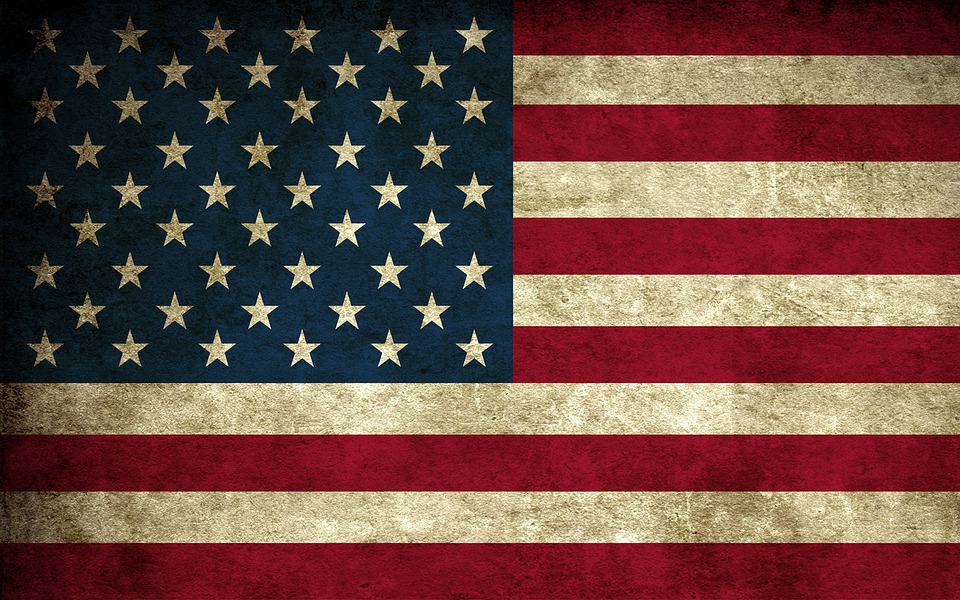“I was born in Korea but received my education in America. I became a keen student of American history, searching to understand the source of America’s success and the true meaning of the American Dream. What was it that attracted immigrants to America from all over the world? I came to realize that the essence of this dream was not to be found in externals. It was not about a bigger house, a second car, or a better education for the children. It was to be found in the principles and values that underpinned the American founding…” —Dr. Hyun Jin P. Moon (Korean Dream: Vision for a United Korea)
When America’s thirteen colonies declared independence on July 4, 1776, it marked a watershed moment in history. Even while there have been countless rebellions around the world throughout time, what made this one remarkable was its appeal to universal principles rooted in the Creator that we are “all created equal.” It was upon the basis of this eternal truth that the Declaration of Independence offered a new vision: the birth of the dream to build a society based on the ideals of freedom, responsibility and the “pursuit of happiness.”
This first dream helped give birth to the world we see today, shaping modern ideas about human rights and freedoms across the globe. In the creation of “One Nation under God,” America conducted an unprecedented experiment, upholding certain fundamental rights as both inalienable and available to all people. Today, the concept itself is not unique to America, which has since become a “melting pot” of cultures and ethnicities, modeling for all the world that this ideal is possible for any and every society.
 The Declaration of Independence advocated the theory of natural rights: the notion that fundamental human rights and freedoms are bestowed, not by the state or monarch, but directly to the people by the Creator, and the purpose of government was to ensure the protection of those rights.
The Declaration of Independence advocated the theory of natural rights: the notion that fundamental human rights and freedoms are bestowed, not by the state or monarch, but directly to the people by the Creator, and the purpose of government was to ensure the protection of those rights.
America’s founders also recognized that those principles and fundamental freedoms could only be effective when citizens had the moral character to use them responsibly as self-governing, virtuous people. It was for this reason that Founding Father, John Adams, expressed: “Our Constitution was made only for a moral and religious people. It is wholly inadequate to the government of any other.” This was the reason for the Constitution and the Bill of Rights as they worked to enshrine those fundamental rights to serve as a corrective to what could quickly turn into a tyranny of the masses as in a pure democracy.
The Declaration of Independence has been called upon as a touchstone in moments of crisis throughout American history. President Abraham Lincoln, in the last days of the Civil War, challenged the nation to uphold the Declaration and embody its values to create a society in which all people, regardless of race, were truly equal. Dr. Martin Luther King Jr. called the nation to deliver on that same promise that was enshrined in the Declaration in his “I Have a Dream” speech at the height of the civil rights movement of the 1960s.
The Declaration’s principles and values moved American history forward, acting as a moral compass to overcome the inevitable crises while uniting the nation around a shared dream. America became a beacon of hope for all oppressed peoples throughout the world who sought “life, liberty, and the pursuit of happiness.” This promise became the bedrock of innovation and entrepreneurism as freedom, initiative, and creativity were celebrated through the rags-to-riches stories of common people who made their fortunes in America. The American Dream was built upon spiritual principles and values but was made manifest in the worldly fortunes of enterprising men and women who dared to aspire to this dream and take the necessary risks for success that the opportunity of America afforded.
 America’s strength does not simply lie in a democratic political process and free-market economic system. The success or failure of these systems is determined by the principles and values that guide, motivate and unify the citizens of the Republic. We must understand that a democratic process is no guarantee of freedom but rather that these freedoms must be understood, protected and guaranteed from one generation to the next.
America’s strength does not simply lie in a democratic political process and free-market economic system. The success or failure of these systems is determined by the principles and values that guide, motivate and unify the citizens of the Republic. We must understand that a democratic process is no guarantee of freedom but rather that these freedoms must be understood, protected and guaranteed from one generation to the next.
The Declaration of Independence continues to exert its influence across the world to this day because the human rights, freedoms, and dignity it defends are universal. In many ways, the Declaration of Independence was never meant just for the American people, but for all humanity.
Happy July 4th Independence Day to the United States! Today we celebrate the beginnings of this dream for all people.

